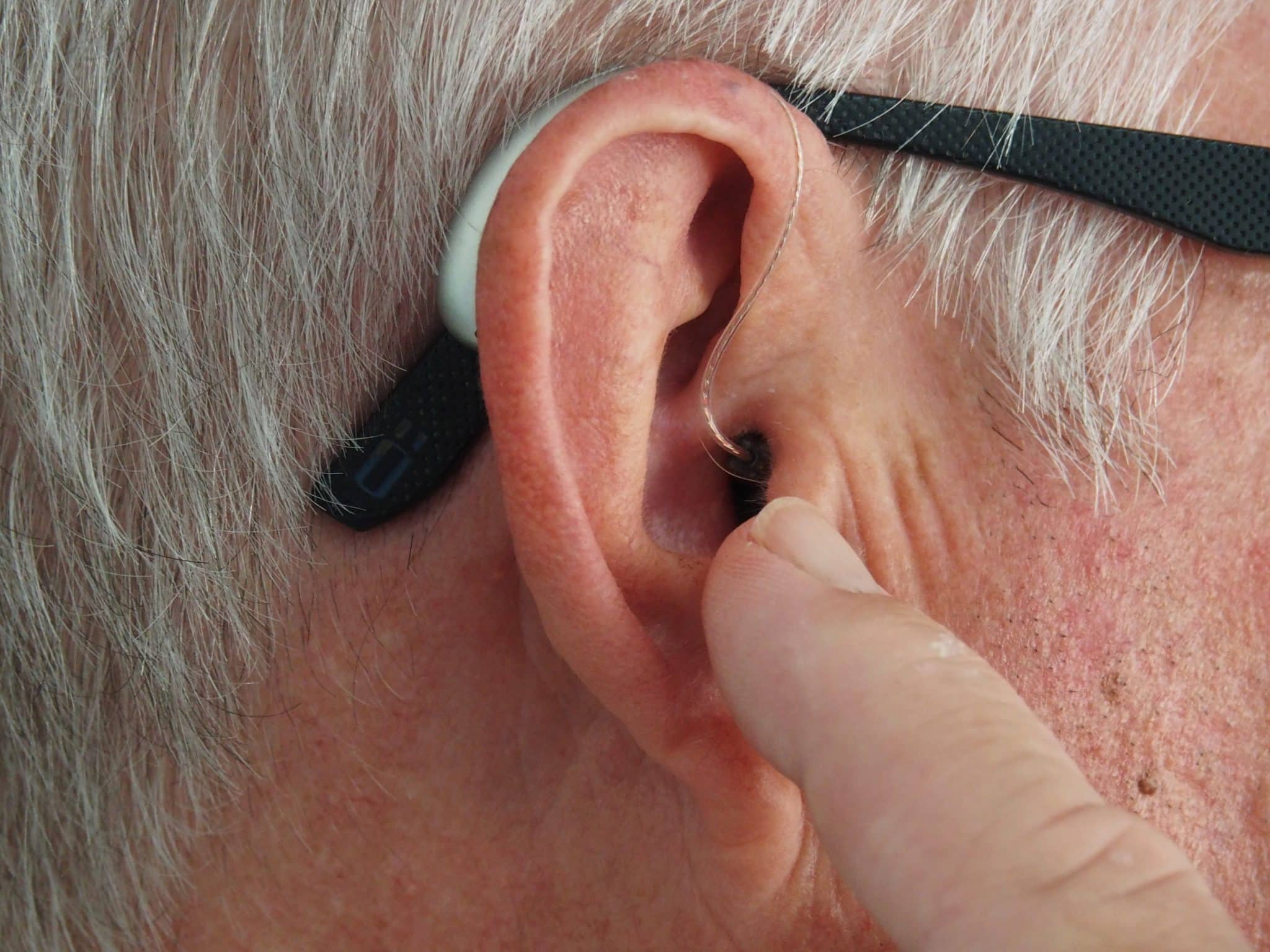Christmas carols in an otherwise silent world?
Moonlight Sonata ringing through deaf ears? If you have experienced such musical hallucinations, you are not alone. In fact, it is not uncommon for those who are
hard of hearing, or deaf, to experience a condition known as “Musical Ear Syndrome.”
Hearing Loss: Learning the Notes
Musical Ear Syndrome (MES), a term first coined in 2004 by Neil G. Bauman, Ph.D. refers to a condition in which those with hearing loss experience musical auditory hallucinations. According to Bauman, auditory hallucinations can range from simple sounds such as “ringing, roaring, buzzing, hissing, etc.,” to complex sounds, such as music, singing and “voices that sound vaguely like a radio broadcast playing in another room.” Those with MES tend to experience hearing sounds in the complex range. According to Bauman, the most commonly conjured tunes heard by more than half of people who experience MES are Christmas carols and patriotic music.
Hearing Loss and Musical Ear Syndrome: A Friendly Auditory Hallucination
Despite the term auditory hallucination, it is necessary to understand that having MES does not make you crazy. According to Bauman, the hallucinations associated with MES are purely non-psychiatric, meaning they are not associated with mental illness. In fact, there exists a wide range of auditory hallucinations, such as those associated with tinnitus, a common condition of persistent ringing in the ears. According to the Mayo Clinic, approximately 1 in every 5 people experience this. Like MES, the hallucinations experienced with tinnitus are non-psychiatric.
Hearing Loss: Not a Solo
If you experience such hallucinations, you are not alone. Professor Oliver Sacks of Albert Einstein College of Medicine in New York explains in his journal article, “The Power of Music,” “Musical hallucinations are surprisingly common, affecting at least 2% of those who are losing their hearing.” Interestingly enough, phantom sounds are becoming increasingly common in youth. An article by Professor Jess Dancer of the University of Arkansas explains that cell-phone users whose cell phones are integral aspects of their emotional and social lives experience phantom vibrations or ring tones.
Hearing Loss: The Science of the Symphonies
MES is most common in individuals who experience bilateral sensorineural
hearing loss. Sensorineural loss, which can be unilateral (in one ear) or bilateral (in both ears) is caused by damage to the nerve pathways from the inner ear to the brain, also known as the cochlea. Studies suggest that sudden bilateral loss of inner ear function releases neuronal groups that store auditory memory. As a result, the lack of inhibition can result in the release of the “stored musical sensations,” despite a lack of external stimulus. These sensations are the memories of tunes and voices, which are the complex sounds associated with MES. The vibrations of nearby air conditioners or refrigerators can also stimulate these sensations. Further conditions that can predispose people to MES include:
- Aging
- Tinnitus
- Living alone
- Stress, depression and anxiety
Hearing Loss: Tuning Out
If you’ve had enough of the music, there are a variety of methods offered to decrease the musical hallucinations of MES, such as
hearing aids and anti-depressant or anti-anxiety medications.
While there is no staunch cure for MES, studies continue to research the intriguing condition. For more information on
hearing loss and hearing aid options, refer to the Guide to Hearing on Audicus.
Sources:
Audicus Hearing Aids, Mayo Clinic, About.com Deafness, Center for Hearing Loss Help, Advance for Nurses, Informa Healthcare, Tinnitus Formula, “The Power of Music,” Science Daily, Wikipedia
Photo: http://p6.hostingprod.com
by Brad Miller




